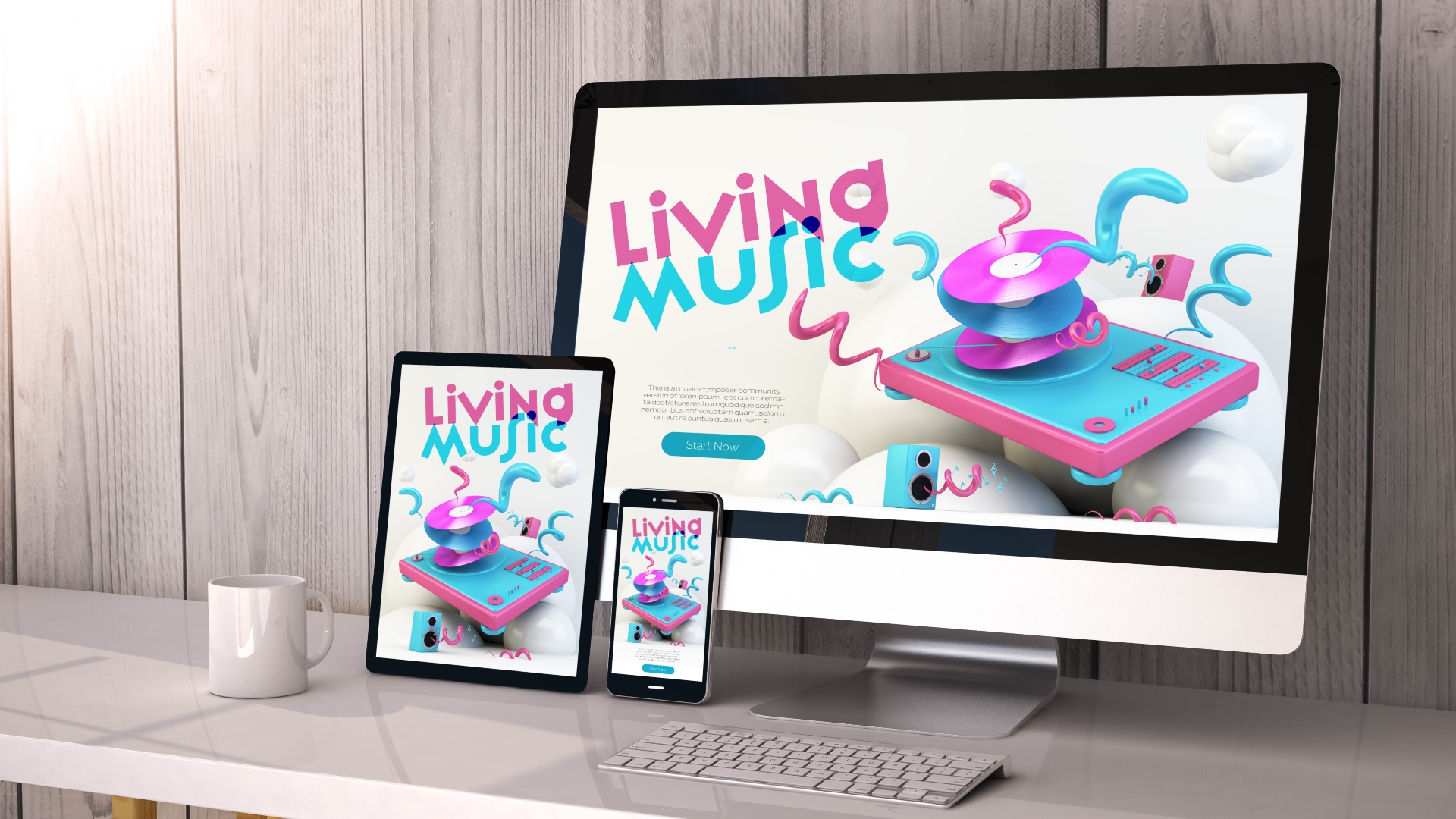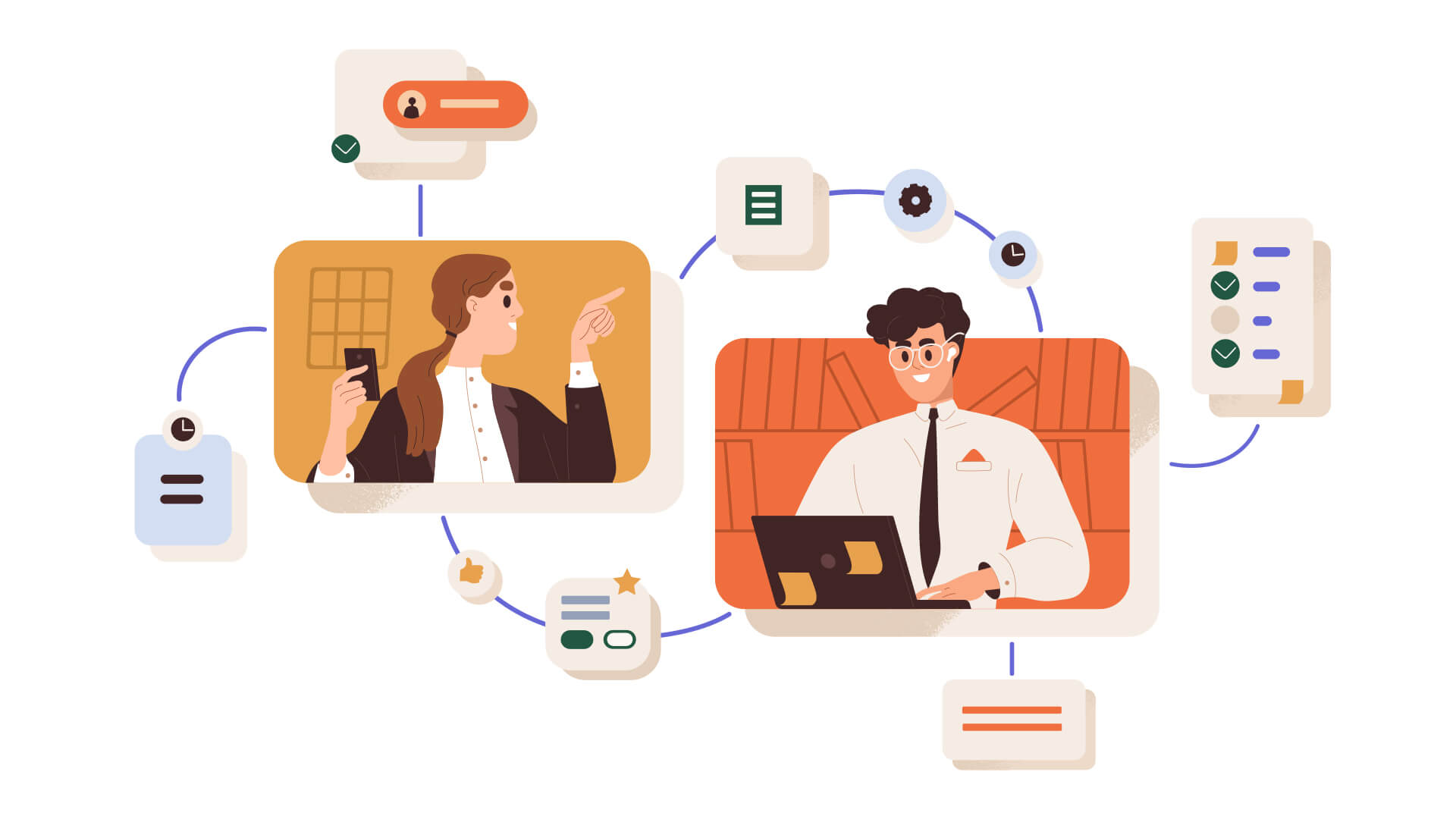-
Blog
-
About us
- Awards
- Issues
- Contact Subscribe
Blog page






Our Top Categories
How To Use Web Design To Build Trust With Your Audience
Top Read In Category
asdsd

Navigating the Digital Shift: A Guide for Marketing Leaders
Top Read In Category
asdsd

How Can Businesses Encourage Their Gen Z Employees Back to the Office to Get Ahead in Their Careers?
Top Read In Category
asdsd

How to Go Viral on TikTok Without Endless Editing
Top Read In Category
asdsd

The Alchemist in the Training Room
Top Read In Category
asdsd

Dubai Monthly Car Rentals for Businesses and Expats
Top Read In Category
asdsd



